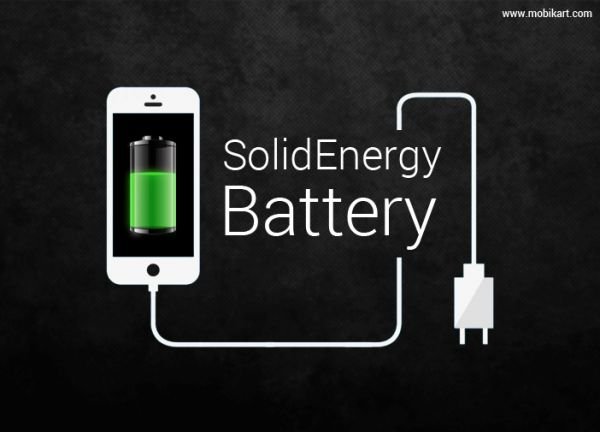If you are tired of carrying chargers and power banks along with you all the time, you’re definitely not alone. But a new technology developed by MIT spinout, SolidEnergy might help you double-up the smartphone battery life than your existing one. SolidEnergy is preparing a rechargeable lithium metal battery which offers double energy charge capacity than lithium ion batteries which is powering most of the smartphones today.
An MIT spinout is gearing up to commercialize their lithium metal battery. Initially, the SolidEnergy battery will be incorporated with drones later this year. Going further, such batteries could be available in the upcoming smartphones as early as the next year.
About 72% of new smartphone buyers consider battery life as the top feature which would drive the buying decision, according to a report from Qualcomm Brand Tracker in 2014.
The newly developed battery is called as lithium metal batteries which are packed with the same energy charge in half the size of standard lithium-ion batteries. And it will provide double charge capacity if it is put into a size of a standard lithium-ion battery.
Mr. Qichao Hu, CEO of SolidEnergy said that the research for developing a battery which uses the lithium metal as a substitute of carbon anode was going on for a while. But the problem arising while doing so was the increased resistance and dendrite filaments on anodes of battery, which was causing the battery to overheat and ultimately short-circuit.
Presently, most of the high-end smartphone are offered with powerful batteries that could last up to 15-18 hours of continue use. As per a report by CNET, Samsung’s Galaxy S7’s entire series is durable in terms of battery. The series includes Galaxy S7 Active, Galaxy S7, and the S7 Edge which run times over 21, 16 and 19 hours, respectively. Other smartphones like Motorola’s Moto Z Force, OnePlus 3, Xiaomi Mi 5, Huawei Mate 8 and Samsung Galaxy J3 are also endurable up to 16, 14.5, 14, 15.5 and 15.5 hours, respectively as per the report.
